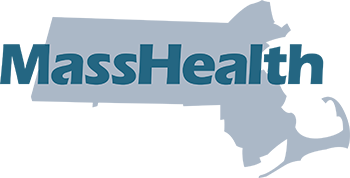A Health Reimbursement Arrangement, or HRA, is an employee health benefit from your employer that reimburses you for your health care expenses up to a certain dollar amount. There are several types of HRAs. This page focuses on two types: Individual Coverage HRAs (ICHRAs) and Qualified Small Employer HRAs (QSEHRAs).
If you are offered one of these types of HRAs, you should have received a clear notice from your employer explaining the terms of the Individual Coverage HRA or the QSEHRA. The type of HRA will appear prominently on that notice.
If your employer offers an Individual Coverage HRA or a QSEHRA instead of a traditional employer health insurance plan, you can use it to help pay your monthly premiums for a health plan purchased through the Health Connector. However, these types of HRAs might affect your tax credit eligibility. When completing the Health Connector application for health coverage, be sure to enter any information about your individual coverage HRA or QSEHRA from your employer. The Health Connector’s application includes questions about employer offered HRAs and uses this information to determine your eligibility for tax credits through the Health Connector.
Keep your application information up to date. If your income changes, you should update the information you gave us about your expected income in your application. If your employer stops offering an Individual Coverage HRA or a QSEHRA, you should update your application since that may affect your tax credit eligibility.
You can read more below about Individual Coverage HRAs and QSEHRAs.
Frequently Asked Questions
The information provided here is general in nature and based on authorities that are subject to change. This information does not, and is not intended to, provide legal, tax, or accounting advice, and readers should consult their tax advisors concerning the application of tax laws to their particular situations.






